Europa/Rusia/Mayo 2016/Autor: Pavel Koshkin, Caroline Zhang/ Fuente: russia-direct.org
Resumen: Mientras que los intercambios educativos entre los EE.UU. y Rusia han sufrido el deterioro de las relaciones bilaterales, todavía hay algunos programas exitosos que están encontrando formas innovadoras para promover la colaboración.
Perhaps not surprisingly, continued confrontation between Russia and the U.S. as a result of the Ukrainian crisis has led to deteriorating prospects for educational exchanges between the countries.
In just the past two years, a number of prominent programs have closed, including the U.S.-Russia Innovation Corridor (USRIC-EURECA) and the Stanford-in-Moscow program, a joint project of the Russian Presidential Academy of National Economy and Public Administration (RANEPA) and Stanford University.
These programs were either suspended because of the lack of funding or closed after the start of the Ukraine crisis. Another blow to bilateral educational exchanges came with the closures of the Future Leaders Exchange (FLEX) program and the American Center in Moscow by the Russian authorities.
Despite the decline in educational exchange opportunities, there are still some programs that could help alleviate U.S.-Russia confrontation, including the Fulbright program and the Alfa Fellowship. In addition, there are grassroots initiatives like the Stanford U.S.-Russia Forum (SURF), which took place in mid-April in Palo Alto at Stanford University’s campus.
Another positive sign that educational exchange between the two nations is still alive came from the annual World Russia Forum that took place at George Washington University in Washington, D.C. in early April. It addressed the problems of how to innovate exchanges and make them more flexible.
SURF: Fostering U.S.-Russia dialogue in turbulent times
The SURF program brings together Russian and American students and offers them an opportunity to reach mutual understanding on a wide range of issues.
Annually held in Russia and the U.S., the forum brings together students from some of the world’s top universities —Yale, Stanford, Harvard, University of Pennsylvania, University of California-Los Angeles (UCLA), University of California-Berkeley (UC-Berkeley), Moscow State University (MGU), Higher School of Economics (HSE), Moscow State Institute of International Relations (MGIMO) University, and others.
Usually, the first part of the conference takes place in the fall in Moscow, bringing together 20 Russian and 20 American students who work on collaborative research projects over the next four months. The project typically involves around 50 people, including student advisers and mentors. In April, students travel to Stanford University to present their findings and meet with high-profile experts, academics and politicians.
The major goal of the first part of SURF is to put students in contact with prominent Russian and American experts on U.S.-Russian relations, geopolitics and other topics related to the student research papers.
The program recruits ten groups of two Russian and two American students from universities across both countries. These groups then use selected topics to come up with specific projects that involve different fields, according to Stanford’s Kenneth Martinez, a Fulbright alumnus who is also an officer at the SURF program.
Among the topics are international relations, global healthcare technologies, cybersecurity, startups, innovation and information technology, energy, entrepreneurship, civil aviation and public health. Regions covered include Europe, Asia, the Middle East and the Arctic.
Since 2008, SURF has brought together high-profile experts, entrepreneurs, economists and politicians. The list of prominent names includes former U.S. Secretary of State Condoleezza Rice, former Russian President Dmitry Medvedev, former Russian presidential adviser Arkady Dvorkovich, former U.S. Ambassador Michael McFaul, ABBYY founder David Yang, former U.S. Ambassador to the Soviet Union (1987–1991) Jack Matlock, Freeman Spogli Institute for International Studies fellow Francis Fukuyama, and many others.
The SURF program was founded in 2008, when students from leading U.S. and Russian universities came together in a Moscow cafe to discuss a significant geopolitical issue: U.S.-Russia relations. This was right after the Russian-Georgian war, after the deterioration of Russian-American bilateral relations and shortly before the official launch of the so-called “reset.”
“SURF allows you to approach Russia in a way that no other program does,” Martinez explains. “Of course, the academic focus of the program brings perspective, which is especially helpful for the many participants who have never studied Russia. However, the unique and arguably most valuable part of the program is the relationships it builds.”
“Working with Russian students, one must attempt to understand a different way of thinking and reach agreement on sometimes contentious issues in a process I would almost compare to a negotiation,” Martinez added.
In the framework of the SURF conference, its participants come together at California’s historic Fort Ross, an early Russian settlement. They met with prominent environmentalists, scientists and local Kashia tribal leaders. Since the start of the SURF program, it has become an annual tradition.
“We are happy to enable young and bright minds from both countries to learn firsthand about our common historic and cultural ties here at Fort Ross,» said Olga Miller, CEO of Renova’s U.S. representative office and director of the Renova Fort Ross Foundation.
How international exchange can reinvigorate U.S.-Russia ties
Meanwhile, the annual World Russia Forum, which took place at George Washington University in Washington, D.C. on Apr. 9, attempted to come up with new ways of how to innovate educational exchanges through distance learning programs. By doing so, it might be possible to allay the Cold War-type atmosphere that currently exists between the two countries.
James Carden, editor of the American Committee for East-West Accord’s website, underlined the positive role of academic exchanges during a time of crisis in US-Russia relations. Despite political disagreement, government support for educational programs would be a mechanism to mitigate the political tensions between two countries, establish friendship, and benefit the younger generation with global educational experiences, Carden argues.
At the same time, Mikhail Strikhanov, the rector of the National Research Nuclear University (MEPhi), gave a different take. In particular, he shared his experience and explained the strategies and methods used to promote the internationalization of his university.
Established in 1942, during the height of World War II, the three missions of MEPhi are to diversify human capital, expand Russia’s global academic reputation, and increase research opportunities. According to Strikhanov, MEPhi has increased its percentage of international faculty from 1.5 percent in 2014 to 13.7 percent in 2015. The university hopes to reach a level of 20 percent by 2020. Additionally, MEPhi has initiated 37 joint programs with collaborative institutes and 26 double degree programs with renowned global universities such as MIT in the U.S. and University of Florence in Italy.
The forms of the international programs are also diverse because of recent innovations in traditional face-to-face programs and distance learning. According to Sergei Myasoedov, RANEPA’s vice-rector, his students participate in conferences, faculty exchanges, summer camps, social responsibility activities, and distance learning with more than 200 foreign universities.
In order to achieve the goal of internationalization, the RANEPA summer camp engages students from 26 Russian regions with foreign students from 8 countries.
Meanwhile, Sam Potolicchio, director of Global Education at Georgetown University, said the core value of 21st century education was through creating cultural exchange programs to train students in leadership and self-awareness.
Potolicchio explained that the ideal of today’s education should be defined with its Latin meaning as “lead out of yourself” but not “train” or “mold.” Potolicchio’s Preparing Global Leaders Foundation selects highly educated young professionals, such as Rhodes scholars, to participate in weekly programs in Jordan, Moscow, and Skopje (Macedonia) to learn about leadership and communications.
With peers from more than 30 countries, students have established a life-long Global Leader community of alumni from 46 countries, enabling them to learn from cultural differences. Potolicchio also believes that in the age of digital disruption, it is more important to educate people to think rather than follow. Students need to evaluate their core competences and absorb world cultures and knowledge, not only follow a career-driven path to learn corporate rules.
On this topic, Irina Mukhina of the Innovative Educational Center of Arts and Sciences noted that machines could replace 47 percent of current highly-skilled jobs. In order for students to be competitive in the era of technology and global competition, we need to train students to realize their “ikigai,” an ancient concept from Japan meaning focusing on one’s educational growth on “passion, mission, profession, and vocation,” not just on certain skills for specific occupations.
The Forum also highlighted the role non-profits play in promoting international education programs. The Russian-American Science Association (RASA-USA), founded in 2008 and based in Boston, intends to “preserve, strengthen, and advance a common intellectual and cultural space of Russian-speaking scientific community.”
RASA-USA has an annual conference that invites leading scientists from the U.S. and Russia. It has also established RASA centers in Russia, which sponsor educational seminars and cultural events that encourage the public to learn about two countries’ cooperative endeavors in science and education.
As a result, the 2016 US-Russia Forum showed that, despite political tensions, collaboration is still possible between American and Russian educators and organizations that seek to improve relations through innovative educational missions and programs. Hopefully, programs such as these will lead to a much-needed thaw in the new Cold War.
Fuente de la noticia: http://www.russia-direct.org/analysis/how-educational-exchanges-adjust-crisis-us-russia-relations
Fuente de la imagen: http://www.russia-direct.org/sites/default/files/field/image/GettyImages-525469555-us-russia-educational-exchange-625.jpg.pagespeed.ce.c9WvejyE99.jpg
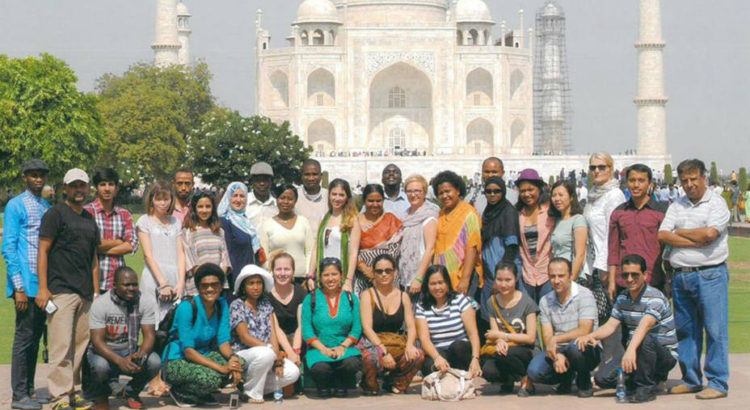
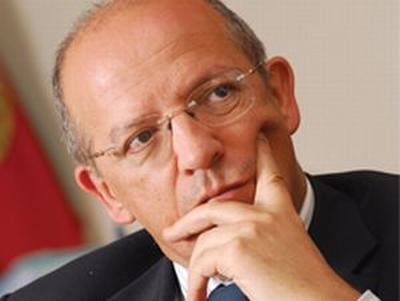
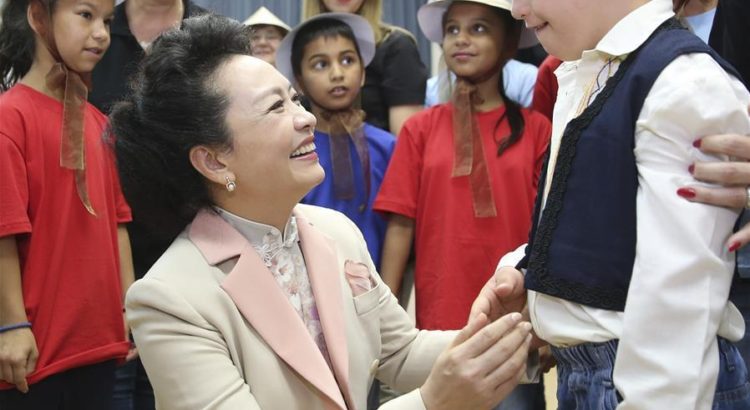
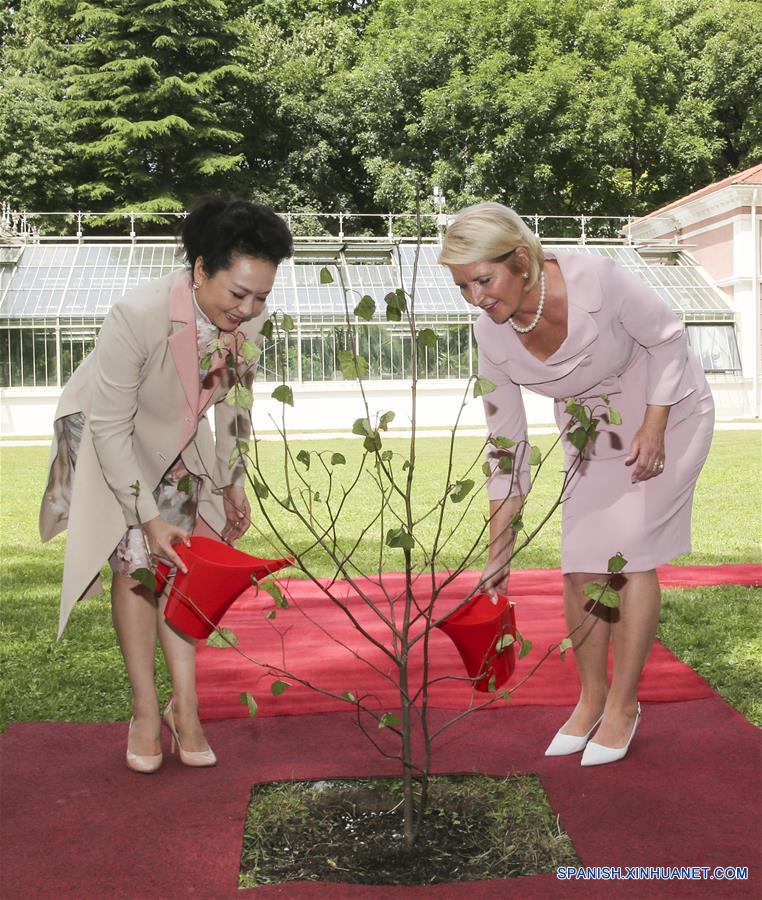
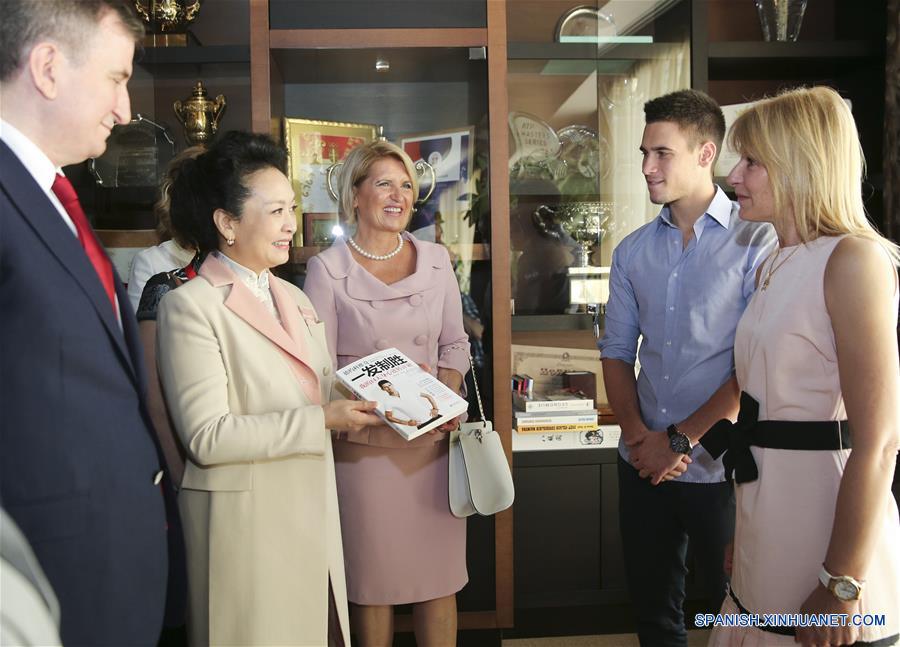
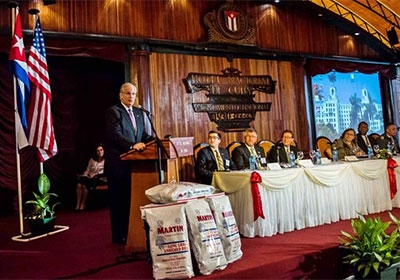
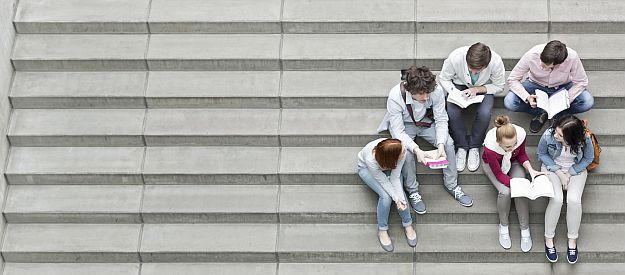







 Users Today : 30
Users Today : 30 Total Users : 35460293
Total Users : 35460293 Views Today : 40
Views Today : 40 Total views : 3419008
Total views : 3419008